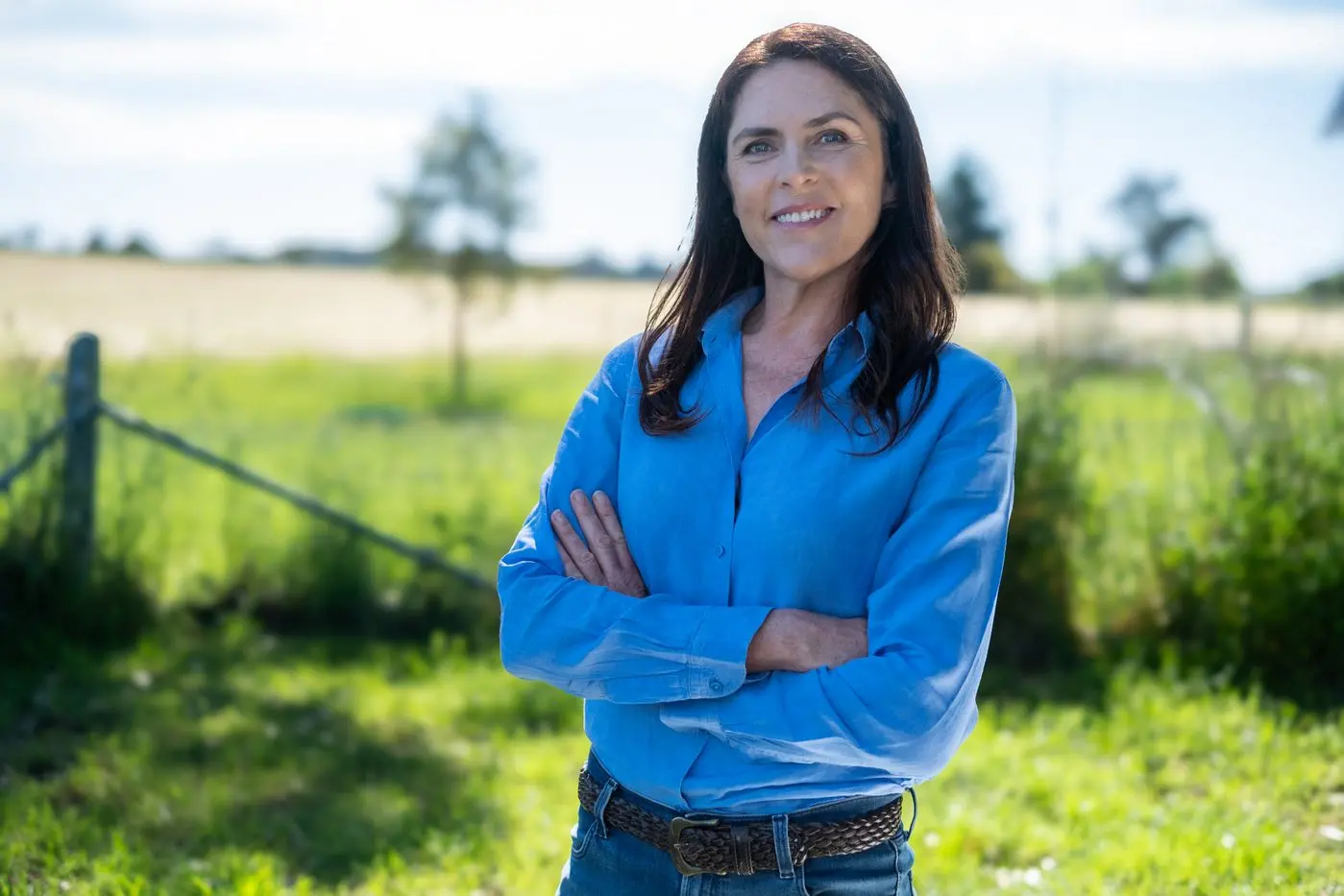PHOTO
What was it that motivated you most to enter politics?
After years of watching decisions made in Canberra ignore or disadvantage rural and regional communities, and ignore facts and evidence on the big issues that affect the whole of Australia, I realised we needed change. We need people in parliament who are free from the undue influence of the corporations and lobbyists that have captured the major parties and held us back.
What led you to run in this year's election?
I ran in 2022 and after finishing in second place, realised that there’s an authentic momentum for change. I’m running again because I believe in the power of a community-backed independent to deliver practical, positive outcomes for our region and to involve the people who live here in shaping their own future.
What do you think people tend to misunderstand about politics in Calare?
That it’s a safe seat and people aren’t paying attention. The truth is, locals are deeply engaged and ready to move forward—they just want someone who respects them and understands the realities of life in the regions.
You're running as an Independent candidate. What does it mean to you not to be a member of any party?
It means I answer only to the people of Calare. I’m not bound by party lines or factional deals—I can work with anyone, from any side of politics, if it means better outcomes for our communities and evidence-based policy.
How will you work with other country MPs to influence change?
Through my work I’ve established relationships with fantastic organisations like The Regional Australia Institute, who are backing regional Australia to achieve our potential.
What has your experience been in the community before running for Calare? How have you helped locals in the region?
Before committing to the campaign full-time, I worked for a not-for-profit that helps ensure the renewable energy transition provides meaningful, long-term and transformative benefits for regional communities. I’ve lived here for over 20 years and established community and environmental groups to work on local solutions for national and global challenges, and worked with all three levels of government to get the support that communities need.
What have you heard are the biggest issues for residents across Calare, and what will you do about them if elected?
Cost of living has been hurting people everywhere. I’m pushing for 4200 new social and affordable homes for Calare by 2028, guardrails for renters, and innovative offerings for housing because not everyone needs or can afford the typical 3 bedroom home. My policy for government-funded loans to cover the upfront cost of solar and batteries, means households of all income levels can access cheaper energy through electrification. We need bolder policies to create fairer tax settings that ease pressure on working families and small businesses, instead of letting international gas companies get away with paying zero tax for our resources.
Water security is a massive issue for those on the land and those in towns and I have a plan of action to start addressing this before the next drought.
What are your next steps on May 4, and going forward?
Win or lose, I’ll continue working for the region. This campaign is about more than a seat—it’s about building a stronger, more connected community that knows its worth. If I’m elected, I’ll get straight to work representing us in Parliament. If not, I’ll keep pushing for progress from the ground up. Either way, I’m not going anywhere.
CONTRIBUTED BY KATE HOOK





